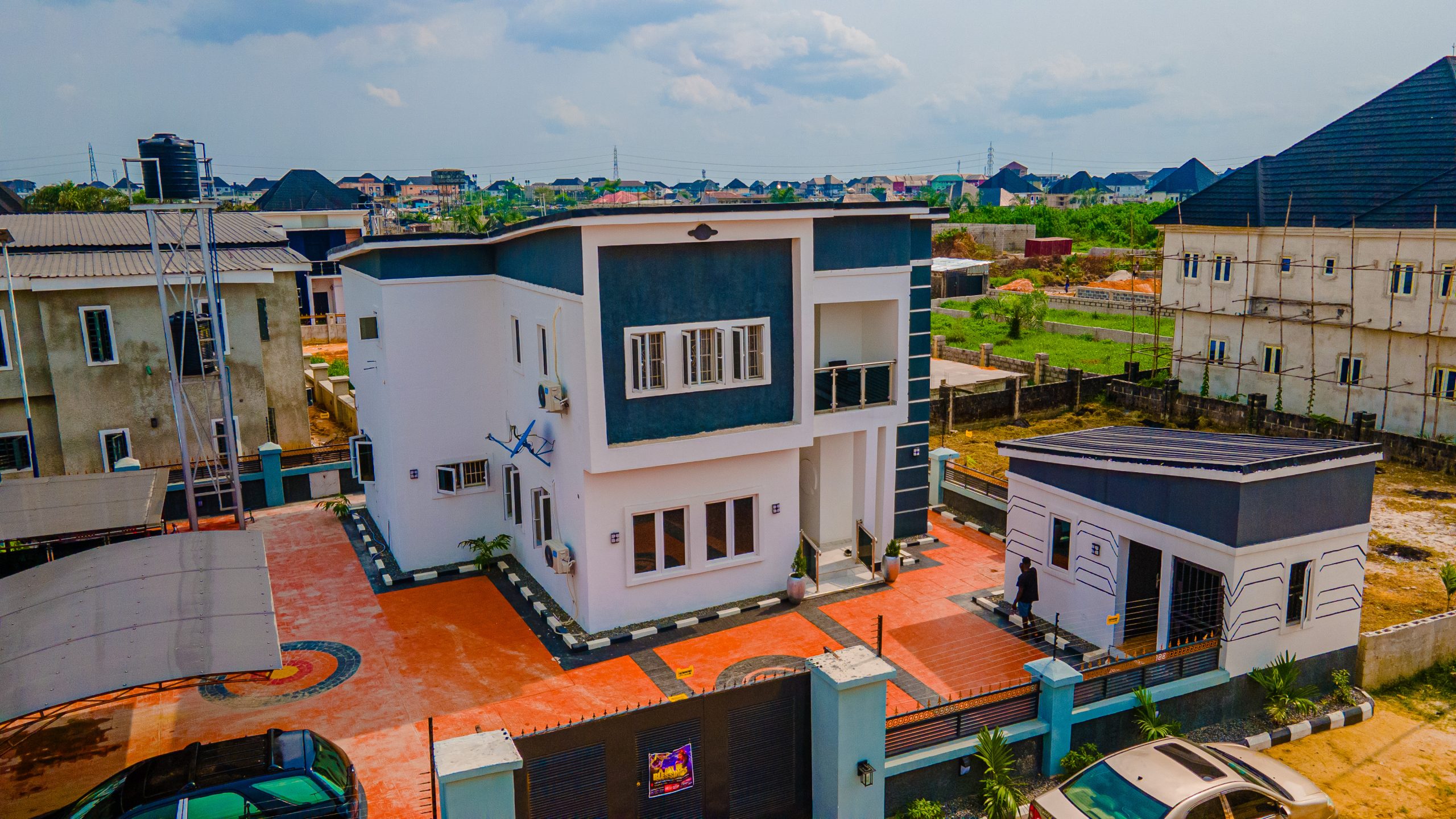Home Buying Made Easy: Tips for Finding Your Dream Property
Buying a home is often one of the biggest financial decisions of a lifetime. Beyond just walls and a roof, it represents stability, a place of belonging, and a dream achieved. Yet the process can feel overwhelming, from paperwork to financial considerations, and endless choices can quickly complicate the journey. With the right guidance, however, home buying can be transformed into a smooth and rewarding experience.
Understanding the Home Buying Journey
The process of purchasing a home is more than just making an offer and signing papers. It involves careful financial planning, market research, and collaboration with professionals like agents, lenders, and inspectors. Familiarizing yourself with each stage reduces stress and ensures better decisions.

1. Define Your Budget and Priorities
Start with a clear understanding of your finances because you need to be sure where you stand financially. Evaluate your income, savings, and debts to determine how much you can realistically afford. Beyond the purchase price, consider hidden costs such as property taxes, maintenance, insurance, and closing fees. Create a list of non-negotiables like location, number of bedrooms, proximity to work or schools in order to narrow your search effectively.
2. Get Pre-Approved for a Mortgage
Securing a pre-approval from a lender strengthens your credibility as a buyer. Sellers are more inclined to take you seriously when they know your financing is in place. It also sets a clear price range, keeping you from wasting time on homes outside your financial capacity.
3. Partner with the Right Real Estate Agent
An experienced agent acts as both a guide and an advocate. They understand the market trends, negotiate on your behalf, and ensure you avoid pitfalls. Look for an agent with strong reviews, local expertise, and a track record of successful closings.
4. Research Neighborhoods
The location of your home influences lifestyle and property value. Explore neighborhoods for safety, schools, commute times, amenities, and future development plans. Also ensure that you ask questions and seek clarity. Spend time visiting at different hours of the day to get a true sense of the community.
5. Conduct Thorough Home Inspections
Never underestimate the importance of a home inspection. An inspection uncovers structural issues, electrical faults, plumbing concerns, or hidden damages. Identifying problems early prevents costly surprises later. Use the findings as leverage in negotiations with the seller.
6. Make a Smart Offer
Once you’ve found a property that fits, work with your agent to craft a competitive offer. Consider market conditions, whether it’s a buyer’s or seller’s market. Include contingencies to protect yourself, such as inspection or financing clauses.
7. Close the Deal with Confidence
The closing process involves finalizing the loan, signing documents, and transferring ownership. Carefully review all contracts and disclosures before signing. Ensure that all conditions from your offer and inspection have been addressed.
8. Plan for Long-Term Ownership
Buying a home doesn’t end at closing. Plan ahead for regular maintenance, upgrades, and financial management. Set aside an emergency fund specifically for home-related expenses. A proactive approach safeguards your investment for years to come.
Conclusion
Home buying can be intimidating, but with preparation and the right resources, the path becomes clearer. Define your goals, stay financially disciplined, and surround yourself with trusted professionals. Also ensure that you make your home decision with a trusted company like Capital City Development Limited. Your dream property is within reach and make sure you approach the journey with confidence, and the reward will be more than just a house.
Frequently Asked Questions About Home Buying
1. How much money do I need for a down payment?
Traditionally, down payments range from 10% to 20% of the purchase price. However, some lenders offer programs with as little as 3–5%.
2. How long does the home buying process take?
On average, it takes 30 to 60 days from the time your offer is accepted until closing, depending on financing, inspections, and paperwork.
3. What hidden costs should I expect when buying a home?
Beyond the purchase price, expect costs like appraisal fees, home inspections, title insurance, closing costs, property taxes, and homeowner’s insurance.
4. How do I know if a property is a good investment?
Check the location, market trends, neighborhood development, potential resale value, and whether the property aligns with your long-term goals.
5. Is buying better than renting?
Buying builds equity and long-term wealth, while renting offers flexibility. The better option depends on your financial readiness and lifestyle.
6. What is a home inspection and why is it important?
A home inspection uncovers structural or safety issues before purchase. It ensures you’re aware of the property’s condition and avoids costly surprises.
7. Can I buy a home with bad credit?
Yes, but it may be more challenging. Options include FHA loans, improving your credit before applying, or exploring co-borrower arrangements.
8. What should I avoid doing before closing on a home?
Avoid taking new loans, changing jobs, or making big purchases like a car. These can affect your mortgage approval and delay closing.

